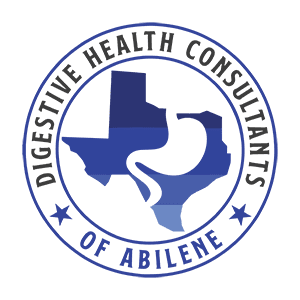Physiology Lab
Avery Smith, MD trained at Baylor University Medical Center in Dallas under the supervision of, leading gastroenterologist, John Fordtran, MD. While Dr. Smith completed his training, Dr. Fordtran assisted his learning while collaborating on projects in one of the few remaining physiology labs across the country. Now, in a smaller setting, Digestive Health Clinic is offering the following physiologic evaluations.
H Pylori Breath Testing
This is a non-invasive diagnostic test where the patient breathes into a balloon-like bag. It’s used to detect the presence of the Helicobacter pylori bacteria in the stomach. H. pylori is a type of bacteria that can infect the stomach lining and is a common cause of various gastrointestinal conditions, including peptic ulcers and chronic gastritis.
Hydrogen Breath Testing
This is a diagnostic test that is used to typically detect 2 things:
- Lactose Intolerance and bacterial overgrowth in the small intestine.
- It works by measuring hydrogen gas levels in the breath you exhale and helps eliminate causes of digestive issues.
Sucrose Breath Testing
Sucrose breath tests are another non-invasive diagnostic test that help diagnose sucrose malabsorption. If there is a deficiency of sucrose, the typical treatment plan involves modified diet and or enzyme replacement therapy.
Food Allergy Testing
Food allergy tests help determine whether there are certain foods your body is sensitive or allergic to, possibly causing digestive issues. It is typically done by a blood or skin test and then followed with an elimination diet or oral food challenge.
Stool Testing
Stool testing involves taking a sample of stool to determine if there is fat malabsorption, protein malabsorption or harmful bacteria within your intestine.

